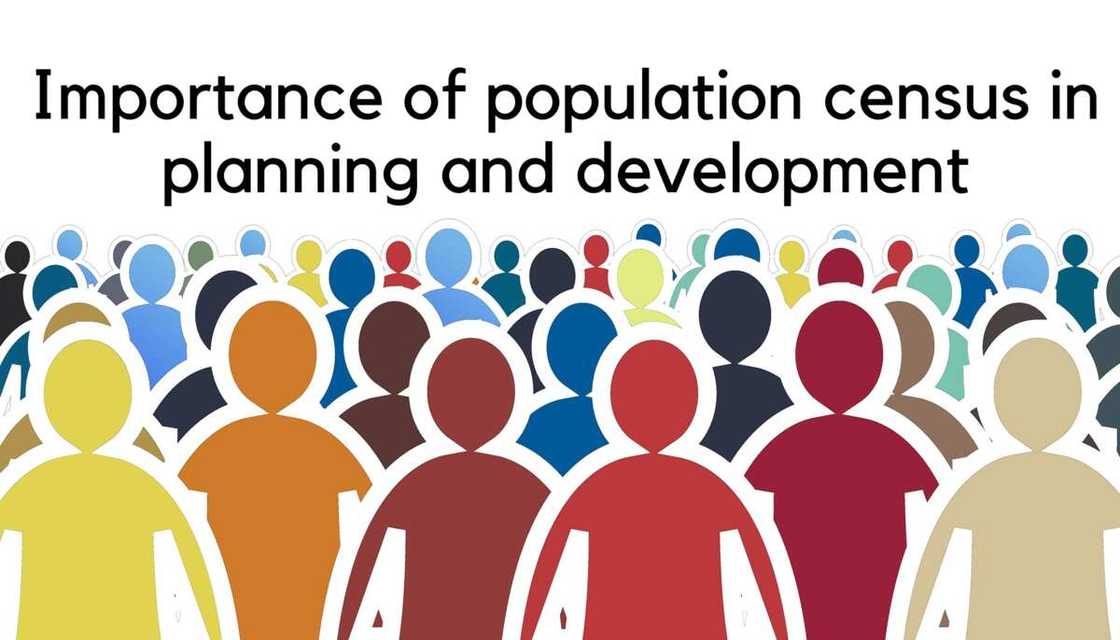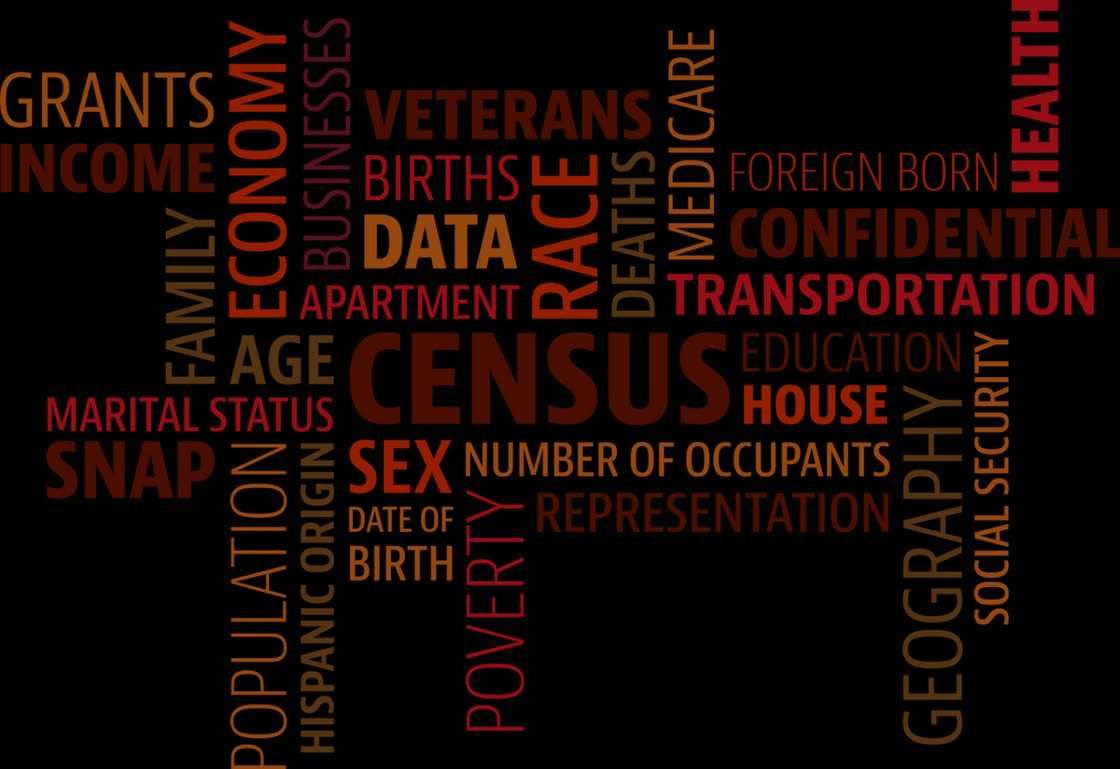Importance of population census in planning and development
In this article, you will find lots of information about population census. It has many advantages to the political, social, and economic sectors of a country. Here, we will discuss the importance of population census in planning and development of the country. So, let’s get started.

Source: UGC
Here is all you need to know about this process, which involves collecting, compiling, analyzing, and publishing information about the members of a given demographic.
Importance of population census
The importance of performing a population census include:
- Knowing the size of the population. A census is helpful in finding out the number of people who live in the country and the structure of the society.
- Determining the number of taxable adults. It helps in the determining the number of people who can pay taxes in a country, which helps to estimate the amount of revenue that can be obtained from the tax sector.
- Forecasting possible economic needs. It helps to forecast the country’s economic needs, for example, electricity, housing, food, etc.
- Determining the number of unemployed citizens and the standard of living of the citizens in the country.
- Revealing the level of manpower. It helps to reveal the level of manpower, that is, people who are working in a country. If it is high, the economic development of the country is assured.
- Formulating economic policies. For example, revenue formula can be based on demographical figures.
- Estimating the number of emigrants and immigrants. This info can also be obtained from the census
- Determining the population density. Censuses plays an essential role in giving detailed information on the population density. The information obtained from the census assists the government to distribute resources, for example, areas densely populated get, as a rule, more resources than areas that are scarcely populated.
- Providing social amenities. Census data gives an idea of what kind of social amenities should be provided to particular areas, for example, hospitals, housing, water, electricity and others.
- Giving aid. Censuses assists the government and international agencies in helping the country.

Read also
“Interests of consumers”: Airtel CEO finally reacts to approved increase in call, data tariff
Censuses, as we can see, are more than just determining the number of population of a specific area at a particular time. They can help a government to develop and balance the nation's economy.

Source: UGC
Importance of population census in a country's development and planning
Let’s take a closer look at the advantages of a population census to a country’s development and planning.
- Population census makes it possible for the government to make a comparison between different groups of people across the country. It gives information about parts of the country that need the government’s help and funding the most and which ones need the least.
- Census data on residential mobility provides a better understanding of spatial differences and changes in the socio-economic status of residents.
- National and regional population data obtained from censuses play an essential role in estimating the environmental impact of population growth, use of water, land and other resources.
- A census also provides information about the religions in a country.
- When talking about a language, censuses help to estimate the number of communities in the region and the languages spoken therein. The data obtained can also serve a reason for making a second widely spoken language the second official language in the country.
- Another importance of a population census is related to resource distribution. The government can either give an equal share to all the provinces or distribute the resources according to the data obtained.

Read also
Analyst reacts as Tinubu's government moves to include illegal activities in GDP calculation

Source: UGC
Importance of population census to national development and planning in Nigeria
The importance of census cannot be overestimated. A population census is at the center of every planning activity and no meaningful development planning activity can be conducted without taking into account population census data.
It helps not only to estimate the changes in the population in the country at a specific time, but to also evaluate other crucial changes in the country's demographics.
It provides data used by the government for policy-making, planning and administration aimed at enhancing the welfare of the people.
Ideally, a census should be conducted every 10 years. This period allows the government to capture the changes in structure and movement of population correctly.
When was the last census in Nigeria?
The last national population census in Nigeria took place in 2006.
Population census data is needed to guide the planning and development processes in a country. The importance of census as a specific type of accurate statistics of the population characteristics and social trends is the basis for the successful development of a country. It helps to utilize the nation’s human and natural resources to increase the standard of living.
READ ALSO: 10 countries in the world with largest population without electricity as Nigeria overtakes India
Legit.ng recently compiled a list of the 10 countries in the world with the largest population without electricity.
Do you want to find out if your country is on the list? Then read this interesting piece by Legit.ng today.
Source: Legit.ng

Lucy Zawadi Lucy Zawadi is a charismatic reporter with two years experience in creating content. She enjoys keeping up with pop culture, singing, cooking, baking, and jewellery making. Just like Kenya’s Eliud Kipchoge, Lucy believes that ‘No human is limited’. Email: lucyluciana832@gmail.com

Adrianna Simwa (Lifestyle writer) Adrianna Simwa is a content writer at Legit.ng where she has worked since mid-2022. She has written for many periodicals on a variety of subjects, including news, celebrities, and lifestyle, for more than three years. She has worked for The Hoth, The Standard Group and Triple P Media. Adrianna graduated from Nairobi University with a Bachelor of Fine Arts (BFA) in 2020. In 2023, Simwa finished the AFP course on Digital Investigation Techniques. You can reach her through her email: adriannasimwa@gmail.com

